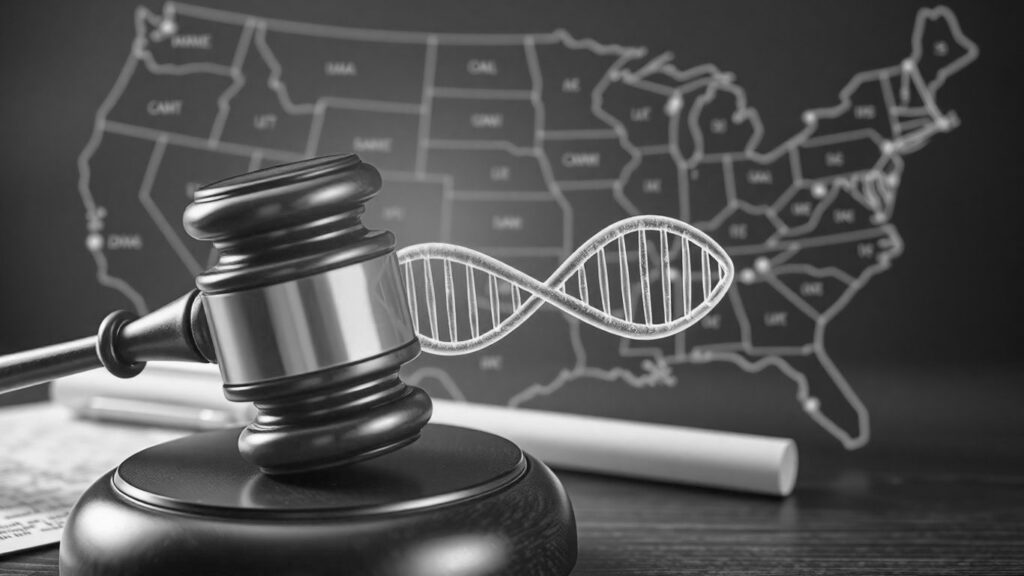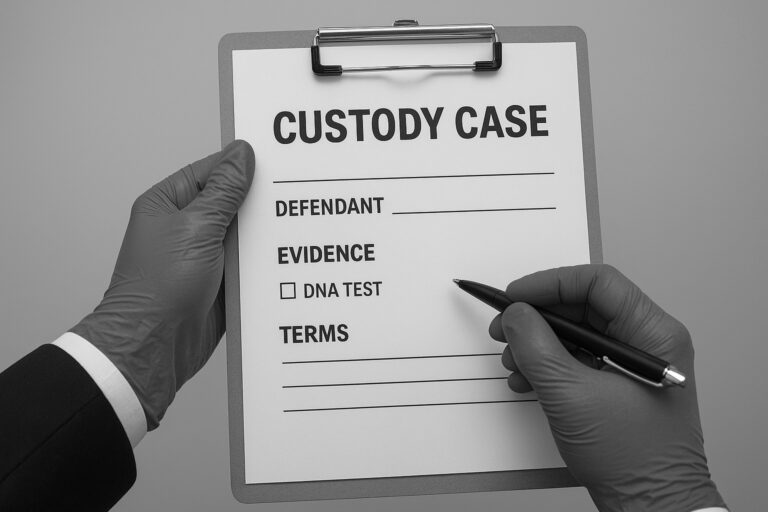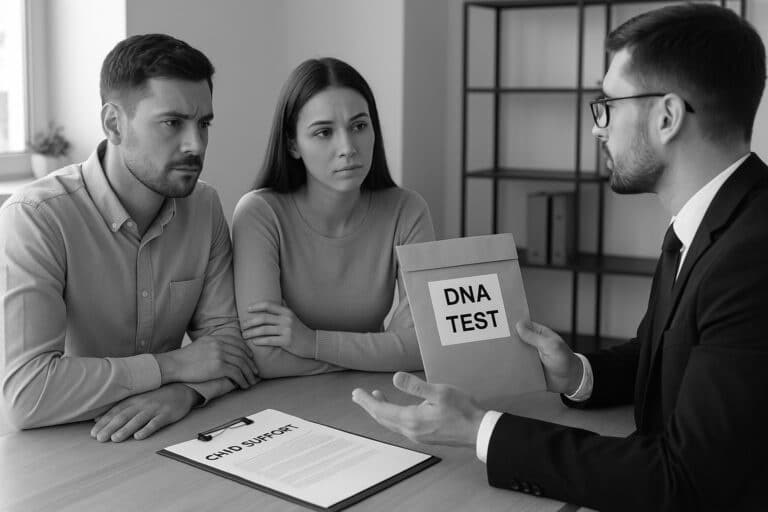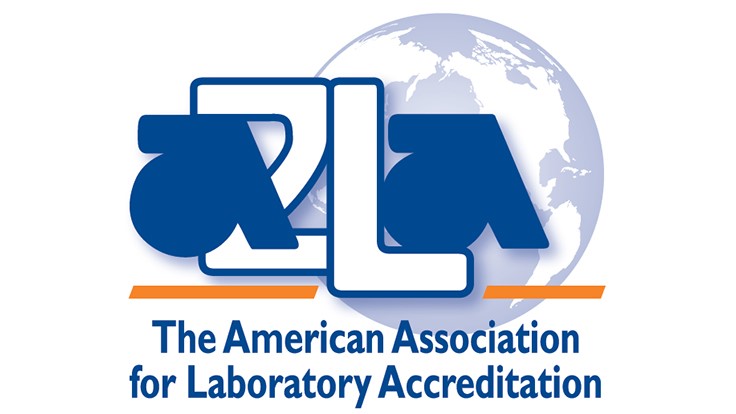Table of Contents
ToggleLegal DNA testing laws in the USA
Thinking about DNA testing for legal reasons? You’re not alone. Legal DNA testing laws in the USA can be confusing, especially since the rules change from state to state. Whether you’re figuring out paternity, dealing with custody, or sorting out inheritance, you need to know how these laws work. This article breaks down what you should watch out for and how the process might affect you.
Key Takeaways
Consent is required for legal DNA testing, and each state sets its own rules about who must agree before a test happens.
For DNA test results to count in court, you need to follow strict procedures, like using a certified lab and keeping a clear chain of custody.
Legal DNA testing results can impact child support, custody, immigration, and inheritance—so it’s important to understand the possible outcomes before you start.
Key Legal Requirements for DNA Testing in the United States
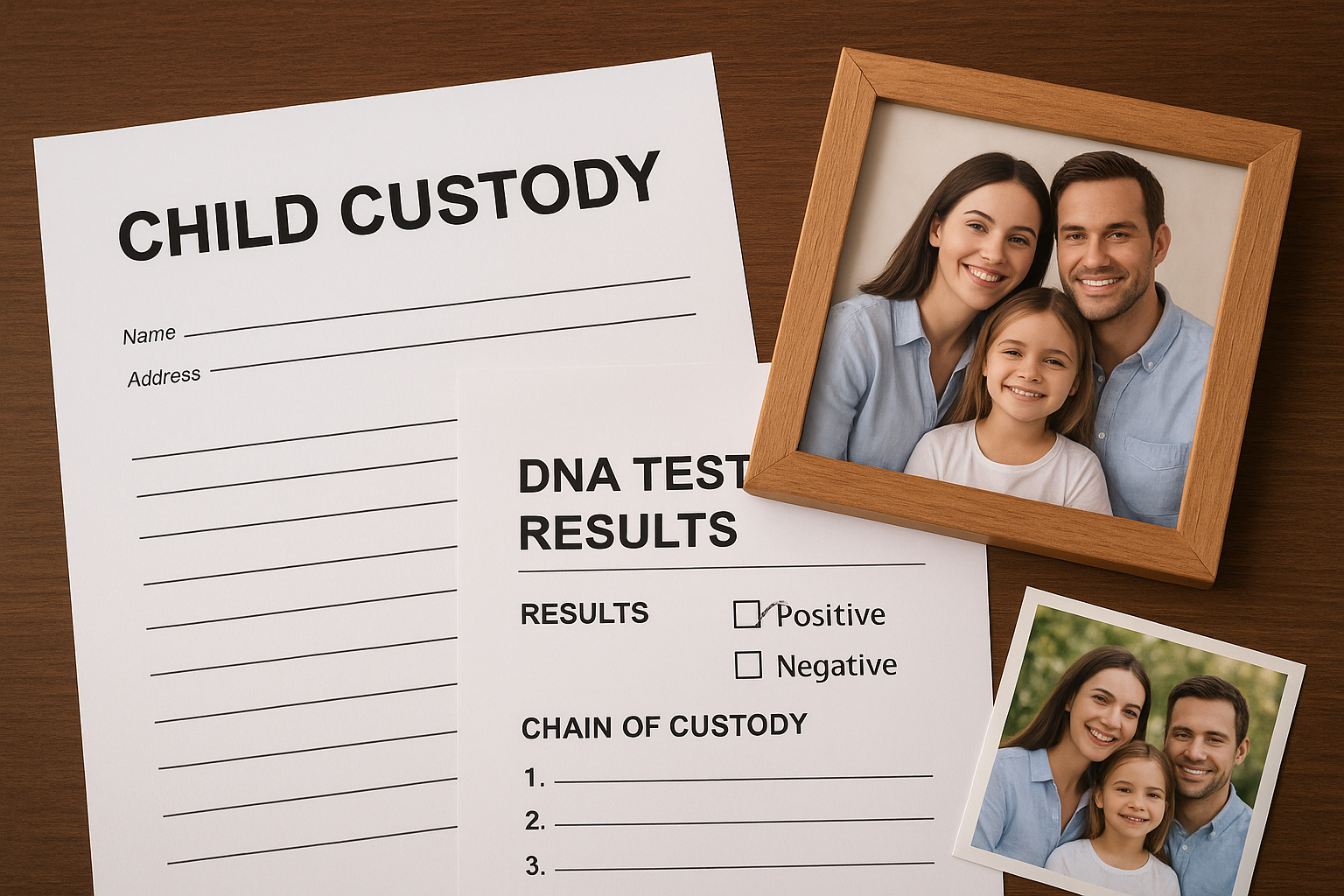
Consent Rules Across States
If you’re looking to get a DNA test for legal reasons, consent is one area that gets tricky—since each state sets its own rules. Here’s what you need to watch for:
Most states need the consent of both legal parents before testing a child. But, if there’s a court order, consent might not be required.
Some states allow children old enough to understand to give their own approval.
When the courts are involved, a judge will make the call based on what’s best for the child.
Depending on where you live, the answer to “who can ask for a DNA test?” changes. In some places, both parents (or the legal guardian) must agree, but elsewhere, either parent or even the child can request it. Courts may get involved especially if there’s a dispute or a question about best interests of the child.
Judges can override parental wishes if the child’s well-being is at stake, ordering a DNA test even when someone objects.
Legal Admissibility and Chain of Custody
If your goal is to use DNA results in court—maybe for child support, immigration, or inheritance issues—it’s not enough to grab a home test. The law demands a strict chain of custody:
All tested people must show valid ID.
Collection happens by an impartial third party, not related to anyone involved.
Samples are sealed and tracked so nobody can tamper with them.
Here’s a simple table to break it down:
| Requirement | Why It Matters |
|---|---|
| Third-party collection | Prevents tampering |
| Proper ID at collection | Confirms identity |
| Sealed specimens | Maintains sample trust |
| Lab accreditation | Validates test quality |
For DNA results to count in legal matters, the lab must be certified, often by a group like the AABB. Cases around paternity, inheritance, and even some criminal investigations count on this process being airtight. Even for criminal cases, strict documentation—like what you’d find in DNA profiling—keeps evidence reliable.
If you skip these steps? Courts might toss out your results, leaving you with expensive paperwork but no legal answer.
How State Laws Differ Regarding Legal DNA Testing
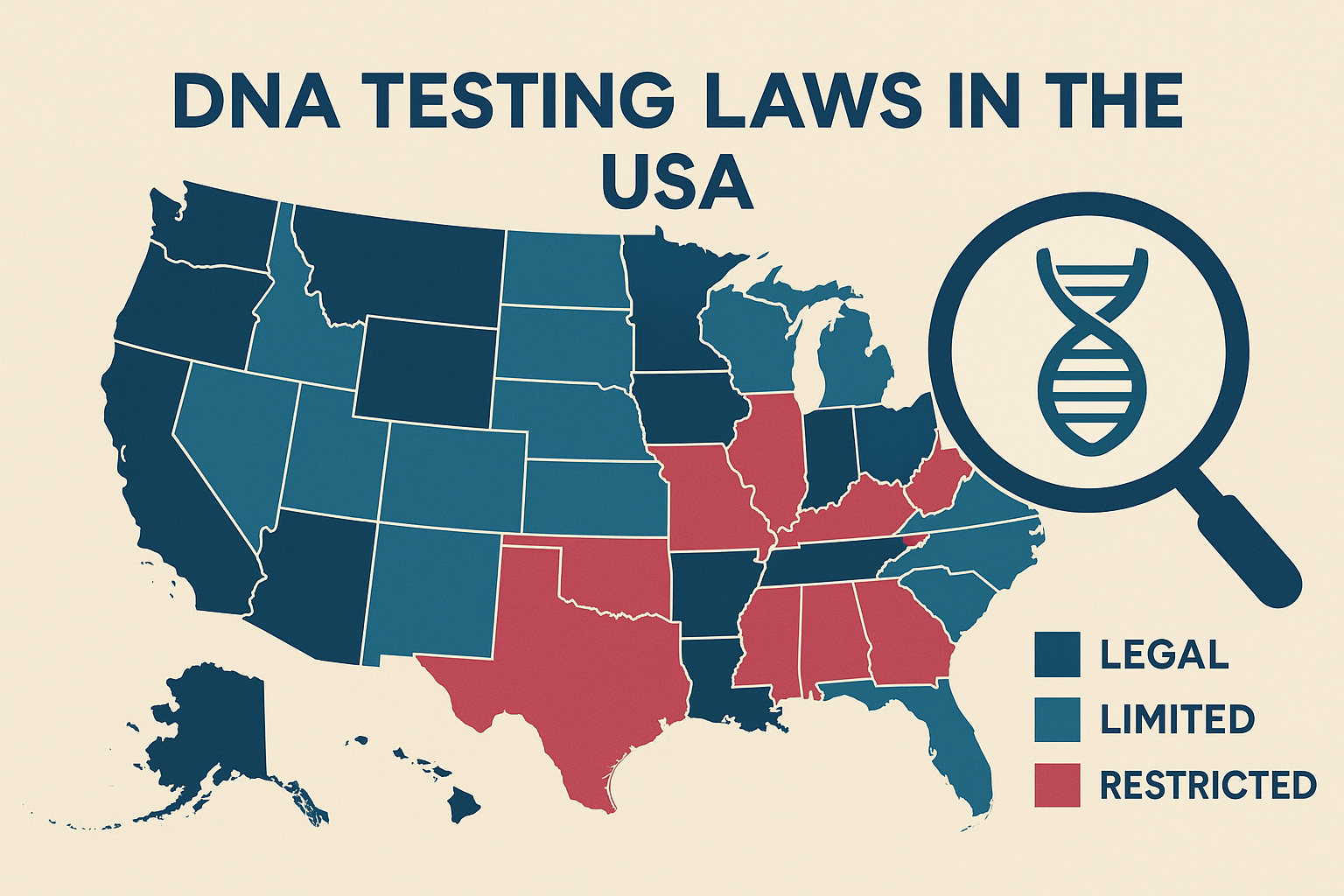
Examples of State-Specific Regulations
Legal DNA testing really isn’t a one-size-fits-all thing in the US. Each state takes its own stance on who can request a test, how consent is handled, and what happens with the results. Here are some ways states break things down:
California: You can establish paternity either voluntarily at the hospital or later through the court. The court often steps in and orders a DNA test when there’s disagreement.
Texas: There are strict rules about how DNA samples must be collected and who can do it. Voluntary and court-ordered tests both happen, but paperwork has to line up perfectly so results stand up legally.
Florida: Any party—not just the parents, but the child too—can kick off a DNA test if paternity is in question. If paternity’s proven, the state might even pay for the test.
| State | Who Can Request DNA Test | Who Pays | Special Rule |
|---|---|---|---|
| California | Either parent | May vary (often shared) | Voluntary or court-ordered |
| Texas | Parent, legal guardian | Party requesting | Strict procedural guidelines |
| Florida | Parent, child | The State if paternity is established | Court accepts wide range of requests |
DNA test laws feel pretty random depending on where you live. One state could let a teenager request a test, while the next might shut that down unless a judge demands it. You really have to check the local rules.
Statute of Limitations and Age Concerns
States also draw different lines when it comes to timing and age:
Some states set a strict timer for establishing paternity—sometimes as short as the child’s second birthday, other times stretching into the late teens.
Others change what’s allowed based on if the child is a minor. Parents may need to give consent, but if there’s a court order in play, that rule can get tossed aside.
In rare cases, adults can pursue paternity test orders for inheritance or identity reasons long after childhood has passed.
The window for legal DNA testing can close fast depending on the state, especially if you wait too long after a child is born or a dispute arises. That can make quick action really important if there’s a deadline hanging over the case.
| State | Statute of Limitations | Minor/Adult Consent Required |
|---|---|---|
| California | Varies by situation (often until age 2 or by court discretion) | Both parents, unless court-ordered |
| Texas | Up to age 4 in certain cases | Typically both parents, court can override |
| Florida | Until child turns 18 | Both parents or court can order |
Laws change fast and every case is different. When you’re staring down a DNA test question, the way your state handles the details can really affect your choices and your timeline.
Legal Implications of DNA Testing Results in the USA
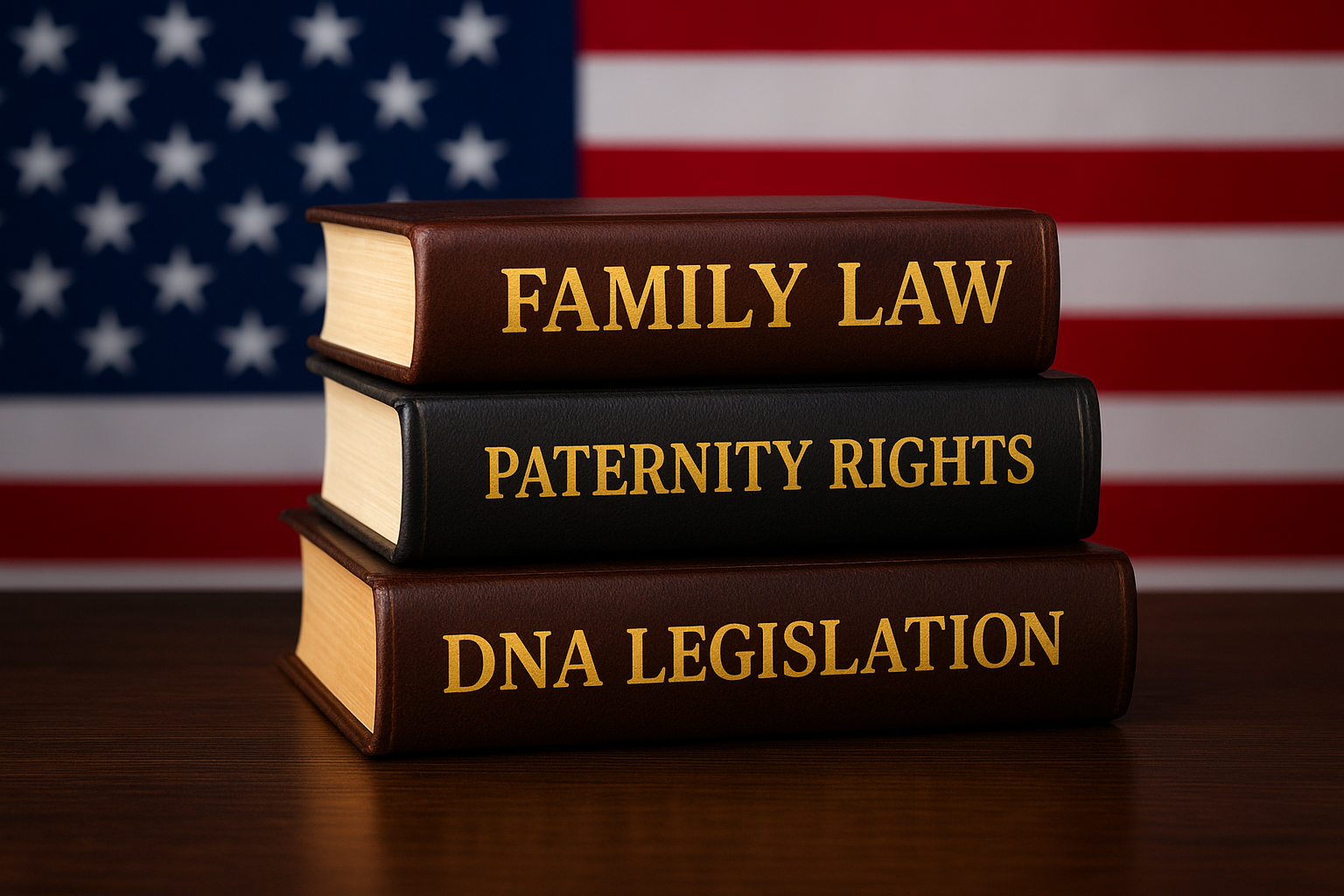
Impact on Child Support and Custody
DNA test results can play a significant role when there’s a question of who a child’s parent is. If a test confirms paternity, the courts often use this information to determine legal responsibilities or rights. These include child support, custody arrangements, and visitation:
Child Support: A confirmed biological father may be ordered to pay support, sometimes backdated to the child’s birth.
Custody and Visitation: Sometimes, DNA results can support a claim for custody or regular visitation, or prevent an alleged parent from avoiding these responsibilities.
Court-Ordered Tests: Judges sometimes require these tests in cases involving disputed parentage, especially when state aid or benefits are involved.
Establishing legal paternity with a certified DNA test changes both financial duties and parental rights in a very concrete way, sometimes leading to major shifts in a child’s legal family structure.
Immigration and Inheritance Considerations
U.S. immigration authorities may ask for DNA testing when documents that prove a biological relationship are unavailable or questionable. Only tests from AABB-accredited labs are accepted, and you—the petitioner—must cover the cost. This process often comes into play for family-based visa petitions. Here’s a quick look at how DNA evidence fits into both immigration and inheritance:
| Scenario | Is DNA Proof Accepted? | Who Pays for the Test? |
|---|---|---|
| Family visas | Yes, required if unclear | Applicant |
| Citizenship cases | Sometimes, if doubts exist | Applicant |
| Inheritance | Yes, in paternity disputes | Varies (court may split) |
Immigration: DNA evidence can make or break a petition when proving a parent–child tie, especially if paperwork isn’t enough.
Inheritance: If paternity is in question, courts may use DNA to decide if a child can inherit from a parent under state law. Sometimes, this means the difference between a valid claim and none at all.
Social Welfare Benefits: DNA proof of parentage also affects eligibility for some government aid or survivor benefits.
Legal DNA results don’t just clarify your family tree—they can change legal standing, financial support, and even your ability to stay in the country.
When you get DNA test results in the USA, they can affect things like child support, custody, or even inheritance. It is important to learn what these results mean for you. If you have questions or need help, give us a call to see how we can assist you with your DNA testing needs.
Conclusion
So, after looking at how DNA testing laws work in the US, you can see there’s a lot to keep in mind. Every state has its own rules, and what’s allowed in one place might not be in another. If you’re thinking about a legal DNA test, you’ll need to make sure you follow the right steps for your state. That usually means getting consent from everyone involved and using an accredited lab. If you want results that hold up in court, don’t just grab a home kit—those are for personal use only.
Here are a few things to remember:
- Always check your state’s requirements before starting the process.
- Legal DNA tests need a strict chain of custody and proper identification.
- Only results from accredited labs are accepted for legal matters.
- If you’re unsure, talk to a family law attorney or a trusted testing service.
It might feel overwhelming at first, but you’re not alone. Many people have questions about family relationships, and there are experts ready to help. If you need a test for legal reasons, take your time, ask questions, and make sure you’re following the law. That way, you’ll get answers you can trust.
Frequently Asked Questions
Do I need both parents’ permission for a legal DNA test on a minor?
Yes, in most states, you need consent from both parents to test a child under 18. If one parent does not agree, a court can sometimes order the test if it’s in the child’s best interest.
Can I use a home DNA test kit for court or legal reasons?
No, results from home DNA test kits are not accepted in court. For legal matters like child support or immigration, you must use a test from an accredited lab that follows strict identification and chain of custody rules.
How do DNA test results affect child support or custody decisions?
If DNA results show someone is the child’s parent, courts can use this to set up child support, custody, or visitation rights. This proof can also help with things like inheritance or getting legal documents for the child.


